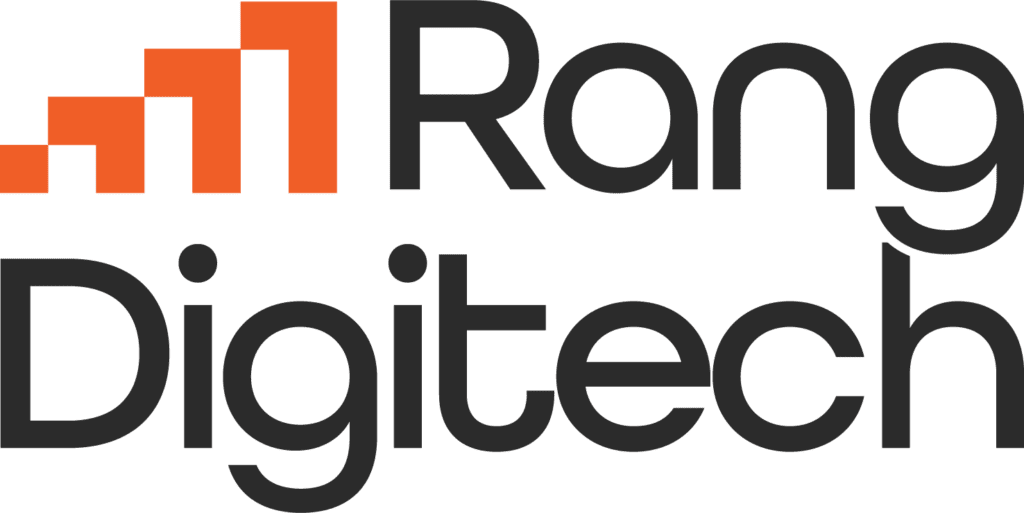
Designed by Freepik
-
164 Views
shares
With the infusion of AI, brands are relating to consumers on a new level in real-time with unprecedented degrees of precision and personalization, not to mention data-driven insights- and there’s growing concern about what the long-term effects of AI might be.
Though AI is indeed bringing undeniable efficiencies to digital marketing, it needs to be placed carefully. More and more voices call for prudence and even a moratorium on what it threatens to bring to the doorstep of jobs, ethics, and consumer trust.
Job Displacement and Economic Uncertainty
The most direct concern AI creates in digital marketing is job displacement. Most AI technologies, content generation tools, and analytics platforms run routine activities managed by human workers at incredible speed and accuracy. From social media scheduling and keyword research to ad campaign management, most activities are increasingly automated. This helped companies save plenty, but it continues to threaten professionals in digital marketing.
Recent studies have shown that in ten years, AI may dominate most digital marketing positions. The World Economic Forum has also estimated that by 2025, AI will have replaced roughly 85 million jobs. While some new roles will be introduced, the transition phase may place most marketing professionals on the edge of disaster as they fail to adopt the necessary skills in an AI-driven marketplace well in time.
This should temporarily ban AI, thereby providing the stakeholders with some much-needed breathing room in reassessing the effects AI can have on digital marketing. This might allow for workforce retraining programs and education regarding proper technology use combined with guidelines for responsible use rather than overuse of AI when executing core marketing functions.
Ethical Concerns and Algorithmic Bias
One of the massive challenges for AI development is that AI-powered systems require large datasets for learning. These datasets, however, do not offer unbiased information. One of the best-documented issues of AI development is the potential for the proliferation of damaging stereotypes or prejudices and discriminatory practices, particularly in the use of advertising marketing campaigns.
For instance, AI-driven advertisements of products or services can unintentionally target particular demographics based on biased information which may lead to exclusionary campaigns and affect the reputation of the brand.
There have been instances where AI algorithms left without controls produced offensive or discriminatory content because their training data was biased. Accountability becomes the issue: who is accountable for such errors, the company that used the AI system or the developers?
With the temporary restraining order on AI in digital marketing, businesses will have ample time to design systems that enforce fairness and equity. For their part, regulatory bodies can also try creating some kind of framework that will help address and prevent bias in AI models through regular auditing that prevents improper seepage into marketing messages.
Privacy and Data Security Risks
The dependency of AI on personal data turns out to be a double-edged sword. It creates an opportunity to provide the most relevant experience for audiences, but reliance upon personal data creates some very serious issues in the matter of privacy and data security. Increasing awareness about how personal data is being collected and used has made consumers increasingly skeptical of AI-driven marketing strategies. In fact, a 2023 PwC study discovered that 73% of consumers were concerned about how companies used their personal data in AI-powered personalization.
In the wake of the General Data Protection Regulation in the European Union and other privacy laws around the world, this might be a way to ensure the protection of consumer information. Still, AI is an insatiable glutton for information. The more that you give, the more it wants. A pause on AI would ensure that regulators can revise current data protection measures to gain a better chance of survival against the evolving challenges of AI technology.
The Irreplaceable Value of Human Judgment and Creativity
While AI excels at automated similar tasks and huge volumes of data processing, creative imagination, empathy, and critical thinking are the food for marketing success. A brand message that goes to the heart of audiences cannot be replaced by machines.
If you think about what the essence of what digital marketing is and can be, it’s not just a matter of pushing the right products to the right people at the right time but of telling stories that create that spark, as much as reaching out and honestly connecting with them. Artificial intelligence will streamline processes, but if we rely more on technology, we will lose that human-centric core of marketing.
Slowing the adoption speed of AI allows marketers to refocus on human-driven creativity, where they can blend data-driven insights with the imaginative and emotional elements that make a campaign truly impactful. Some of the most impactful marketing campaigns in the last decade—for example, Dove’s “Real Beauty” or Nike’s “Just Do It”—latch on not because of algorithms but because they deeply and meaningfully spoke to consumers.
Conclusion: Balancing Innovation with Responsibility
AI undoubtedly makes digital marketing much more efficient and precise, but it must come hand-in-hand with a much broader debate about its implications. Among the threats are displacing jobs, biased algorithms, suppression of privacy, and erosion of creativity. Without a doubt, the dangers are real and still growing; thus, a temporary ban on AI in digital marketing will surely be a much-needed respite.
This calls for the utmost seriousness and priority from businesses, governments, and societal forces in shaping AI within the ethics of fairness and human-centered creativity for digital marketing. A balance between AI capabilities and thoughtful regulation will allow innovation without job loss, ethical conflict, or consumer mistrust.




